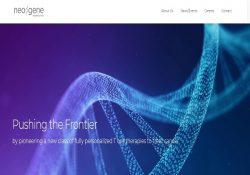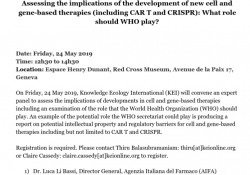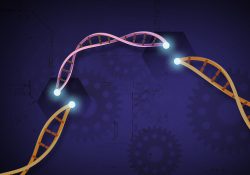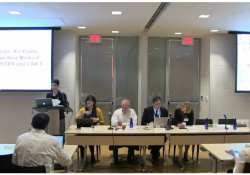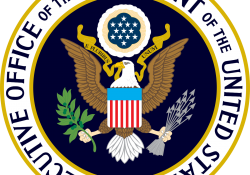November 10, 2021 Andrew Burke, Ph.D. Senior Technology Transfer Manager, NCI Technology Transfer Center, Email: andy.burke@nih.gov. Re: Prospective Grant of an Exclusive Patent License: Development and Commercialization of CRISPR-Engineered T Cell Therapies for the Treatment of Cancer to Neogene Therapeutics… Continue Reading →
On Friday, 24 May 2019, Knowledge Ecology International (KEI) will convene an expert panel, “Assessing the implications of developments in cell and gene-based therapies (including CAR T and CRISPR): What role should WHO should play?” from 12h30 to 14h30 in… Continue Reading →
You also can search for our most recent work on clustered regularly interspaced short palindromic repeats (CRISPR) technologies using our tags here, or via our general search engine here. KEI Events regarding CRISPR 2019: Expert Workshop at Brocher Foundation- An… Continue Reading →
Workshop: Patents, the Public Interest and Two New Medical Technologies: Clustered Regularly Interspaced Short Palindromic Repeats (CRISPR), Chimeric Antigen Receptors (CAR) technologies
On September 15th, 2017, Knowledge Ecology International will be hosting a workshop on: “Patents, the Public Interest and Two New Medical Technologies: CRISPR and CAR T.”
If you are unable to attend in person, a livestream of the event will be available here
Continue Reading →
On June 6, 2017, KEI wrote to Dr. Thomas Price, Secretary of Health and Human Services (HHS), and Dr. Francis S. Collins, Director of the National Institutes of Health (NIH) requesting the HHS develop a policy on the licensing of federally-funded CRISPR patented inventions. A copy of our letter is available here: /node/2801.
Continue Reading →
Content moved to http://keionline.org/crispr
On June 6, 2017, Knowledge Ecology International wrote to the U.S. Department of Health and Human Services (DHHS) asking the Department to adopt a policy on the licensing of federally-funded CRISPR patented inventions. (Copy here).
Continue Reading →
February 15, 2017, the USPTO ruled that 12 genome-editing CRISPR-Cas9 patents and one patent application assigned to the Broad Institute of Harvard and MIT did not interfere with a patent application from scientists at the University of California. A copy of the ruling is available here.
Following the ruling by the USPTO that the Broad Institute and the University of California both issued statements, as did several firms with an interest in the dispute.
PDF version of letter to NIH. Failure2disclose-Doudna-patents-12oct2020 October 12, 2020 Michelle Bulls Director Office of Policy for Extramural Research Administration (OPERA) National Institutes of Health Via Email: michelle.bulls@nih.gov RE: Failures to disclose government funding associated with patents related to “Methods… Continue Reading →
Today, the Office of the United States Trade Representative hosted the hearing for the annual Special 301 Review. The review process includes a solicitation of written comments and hearing testimony, and results in the publication of the Special 301 Report.… Continue Reading →
